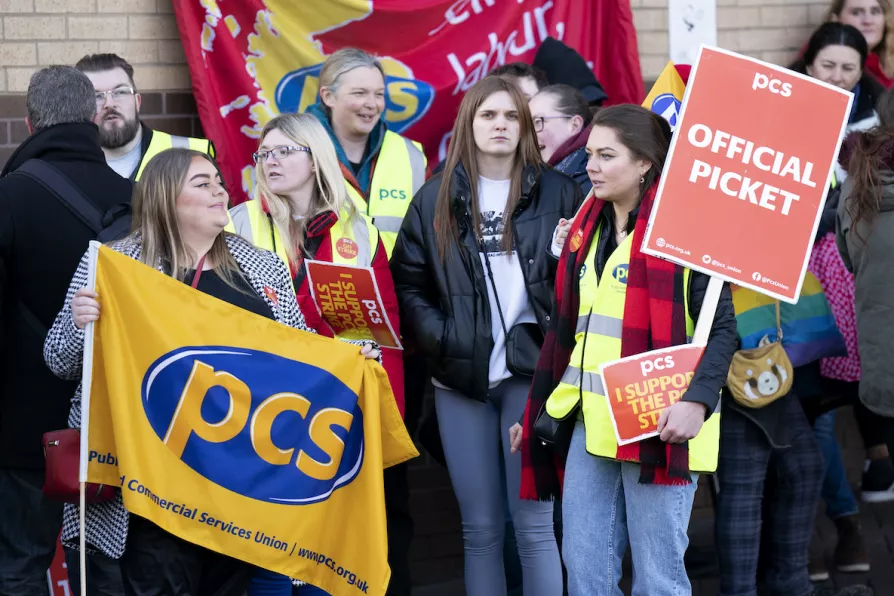The Mandelson scandal reveals a political settlement in which democratic choice is curtailed and the power of markets eclipses the will of voters – only the left can challenge this, writes JON TRICKETT MP

 NEW MOOD: Passport Office workers picket in Glasgow, April 3 2023
NEW MOOD: Passport Office workers picket in Glasgow, April 3 2023
LAST week, the 126th STUC in Dundee was a real showcase of worker solidarity.
At the 2023 Congress in the Caird Hall, speaker after speaker spoke of an industrial mobilisation on a scale not witnessed for over a decade, since the pensions disputes that followed the financial crisis.
Of course, the current cost-of-living crisis is hitting workers deeply. Food, fuel and transport prices are escalating, while wages stagnate.

Working-class women lead the fight for fair work and equitable pay and against sexual harassment, the rise of the far right and years of failed austerity policies, writes ROZ FOYER

Since 2023, Strike Map has evolved from digital mapping at a national level to organising ‘mega pickets’ — we believe that mass solidarity with localised disputes prepares the ground for future national action, writes HENRY FOWLER

Congress can chart a bold course that will force meaningful transformation for the people of Scotland











